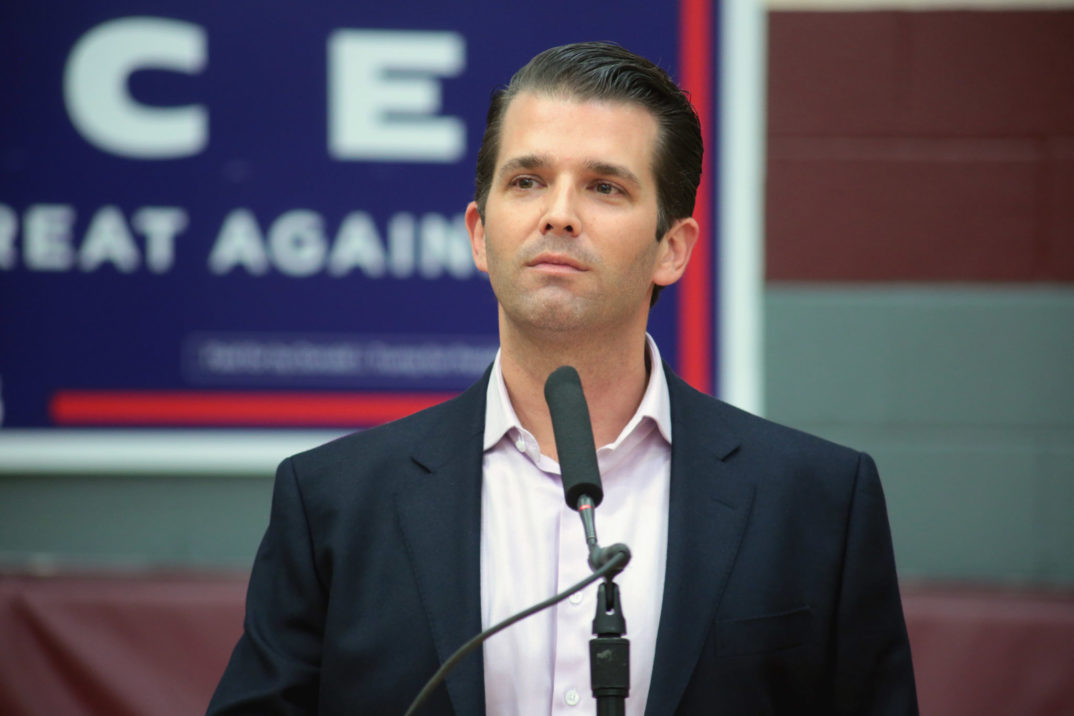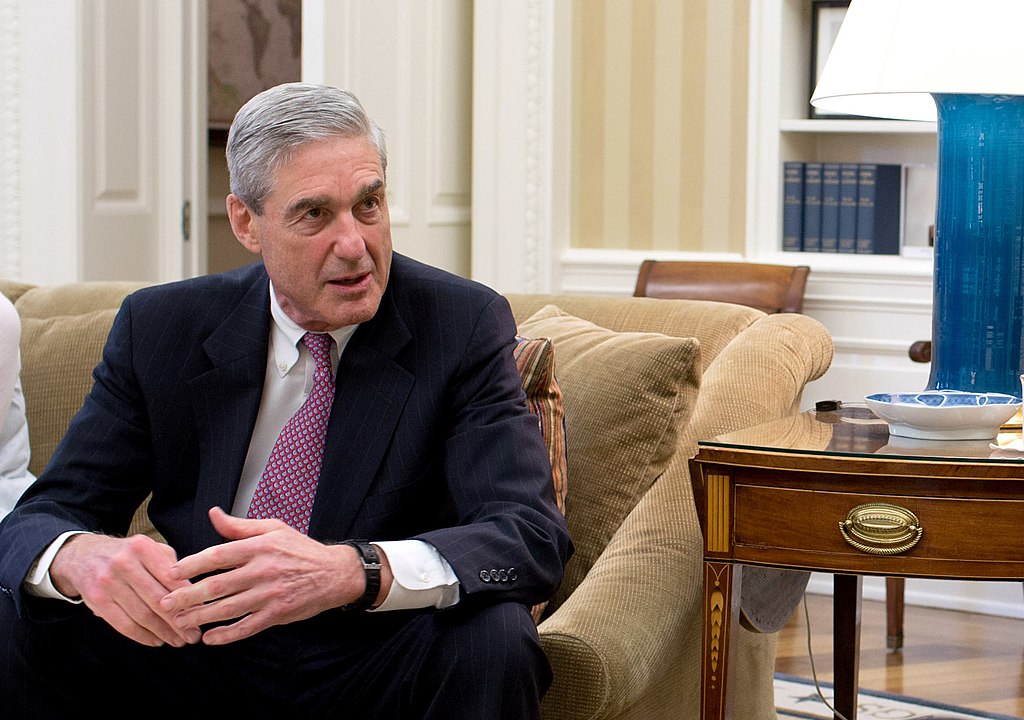One cannot avoid news of Robert Mueller’s investigations into Russian interference in the 2016 election and allegations of collusion between Russian government entities and the Trump campaign. It seems that nearly every day a new story detailing new twists in this saga is published. Luckily, the whole story serves as a goldmine for philosophical and ethical reflection on current events. In this post, I explore the infamous Trump Tower meeting in June 2016 between Donald Trump Jr., Jared Kushner, Paul Manafort, and other individuals associated with Russia as an example of what philosopher’s call “moral luck.”
Continue reading “Moral Luck and the Trump-Russia Investigation”


